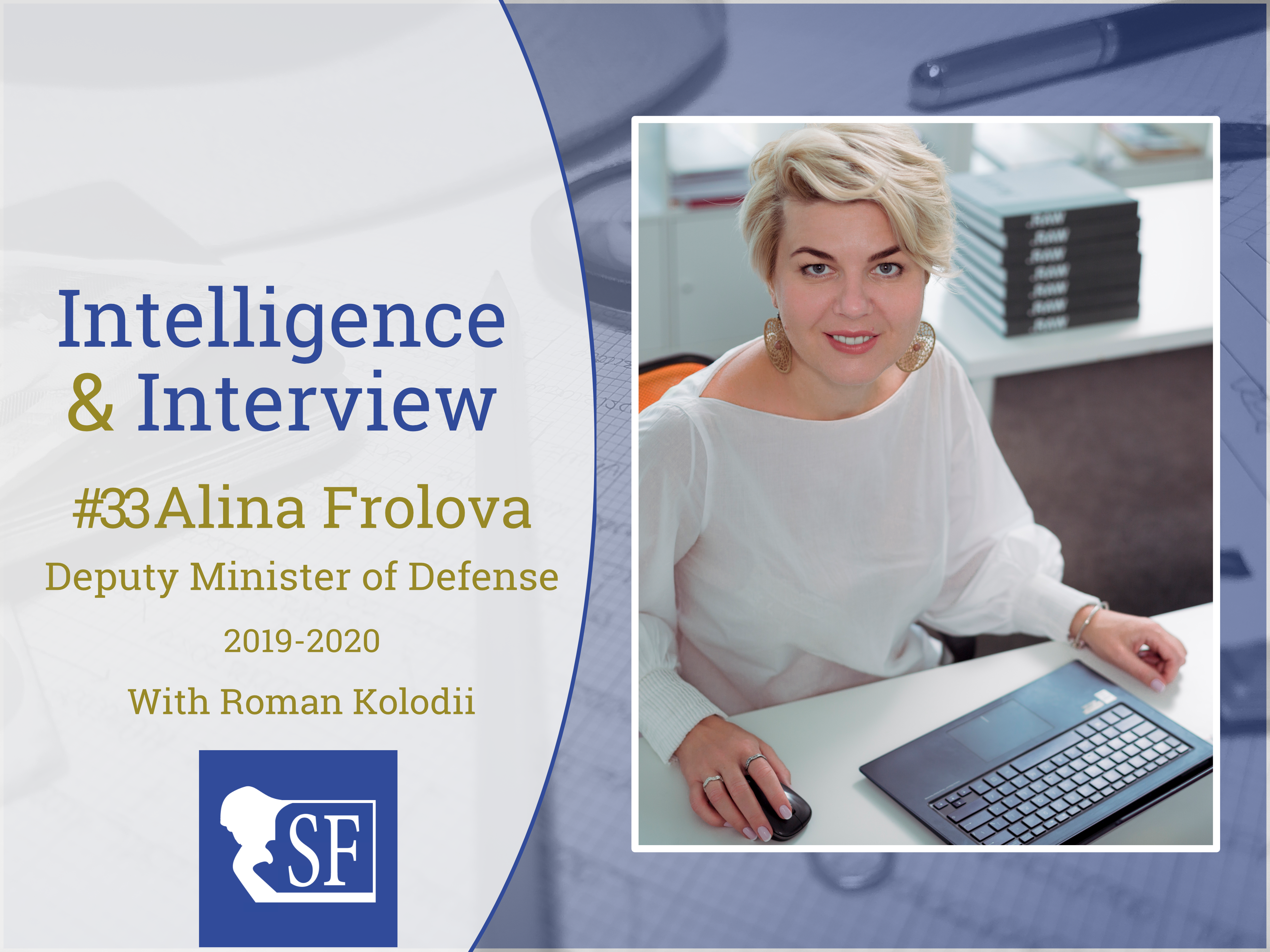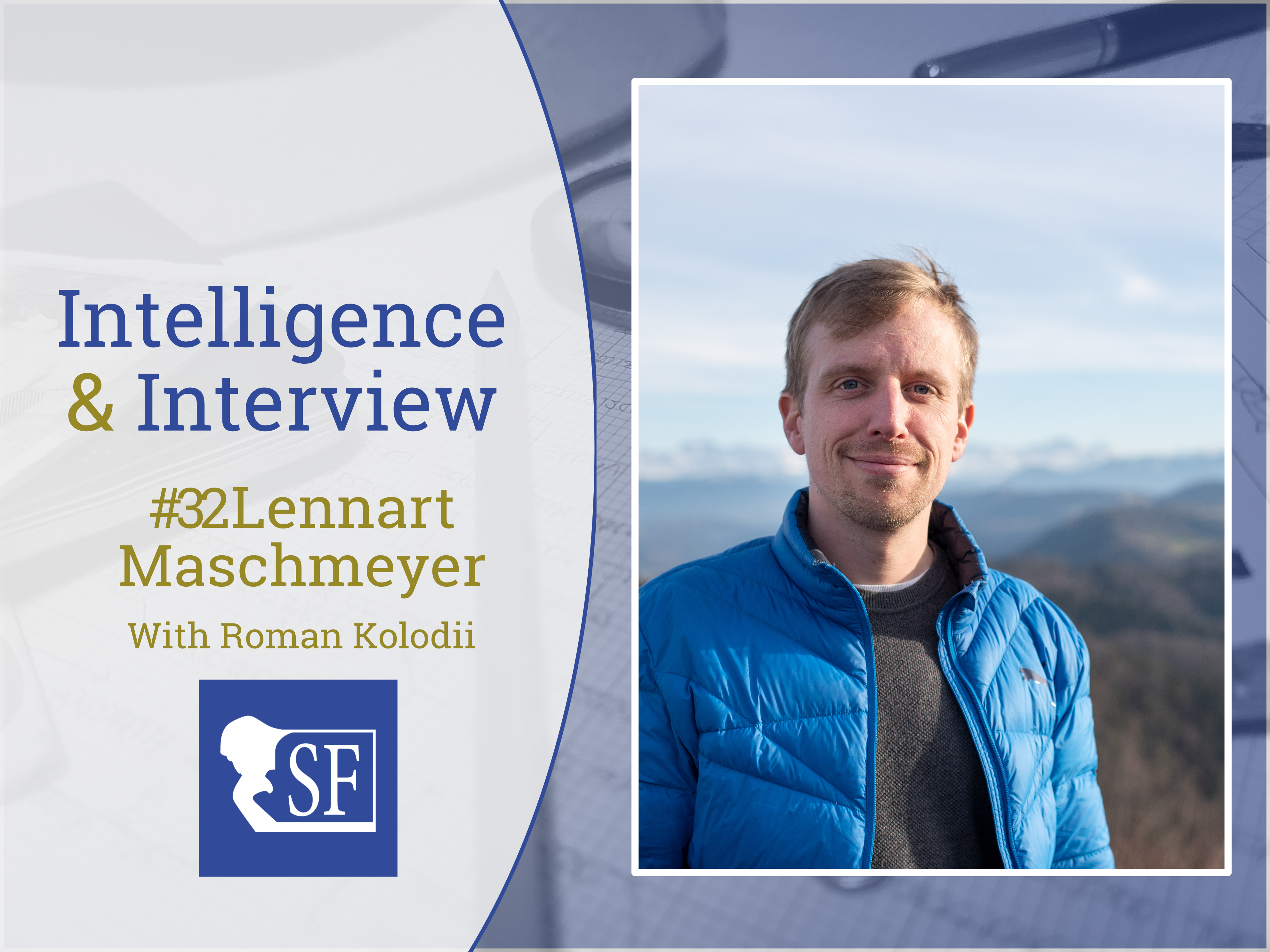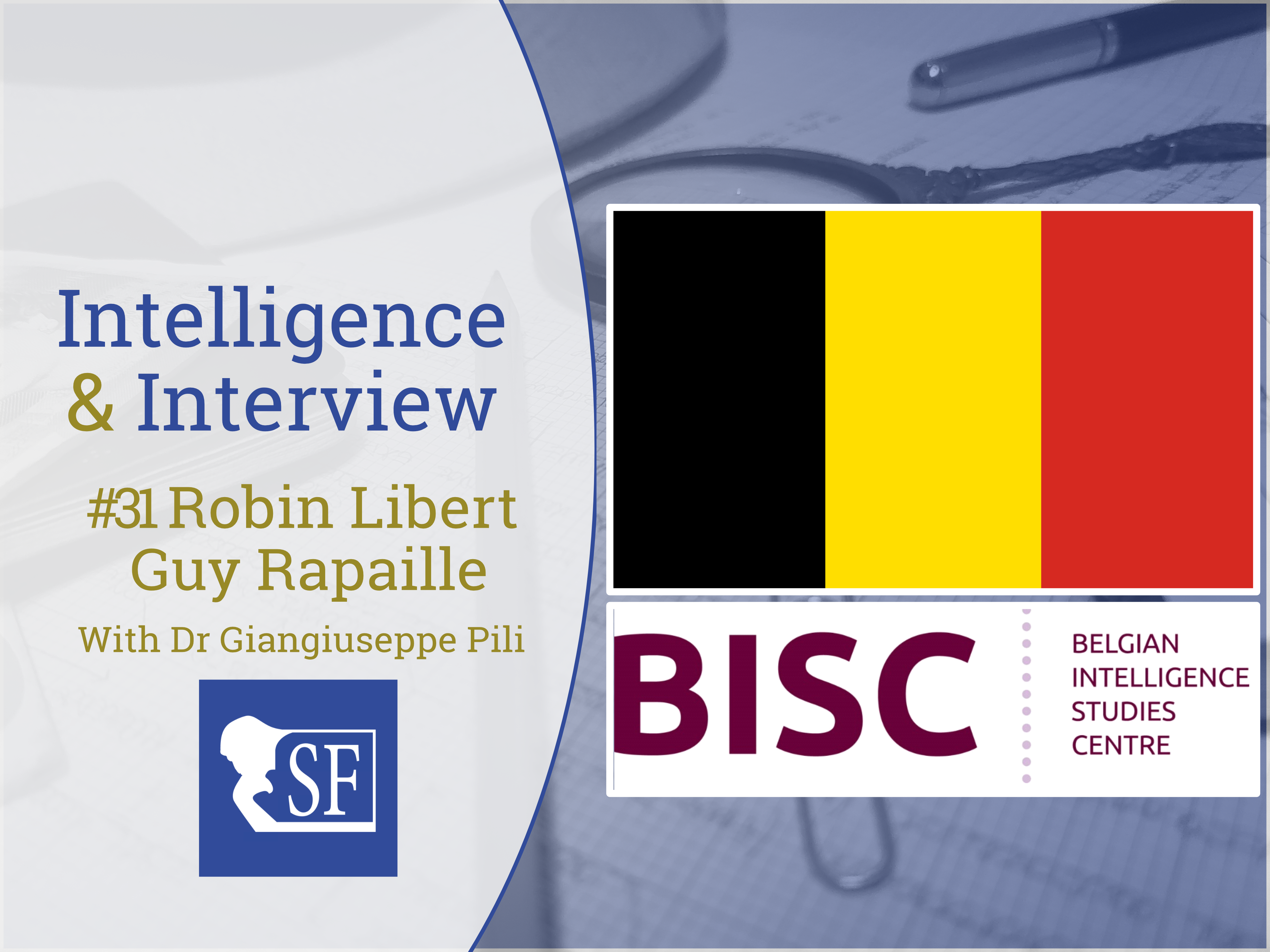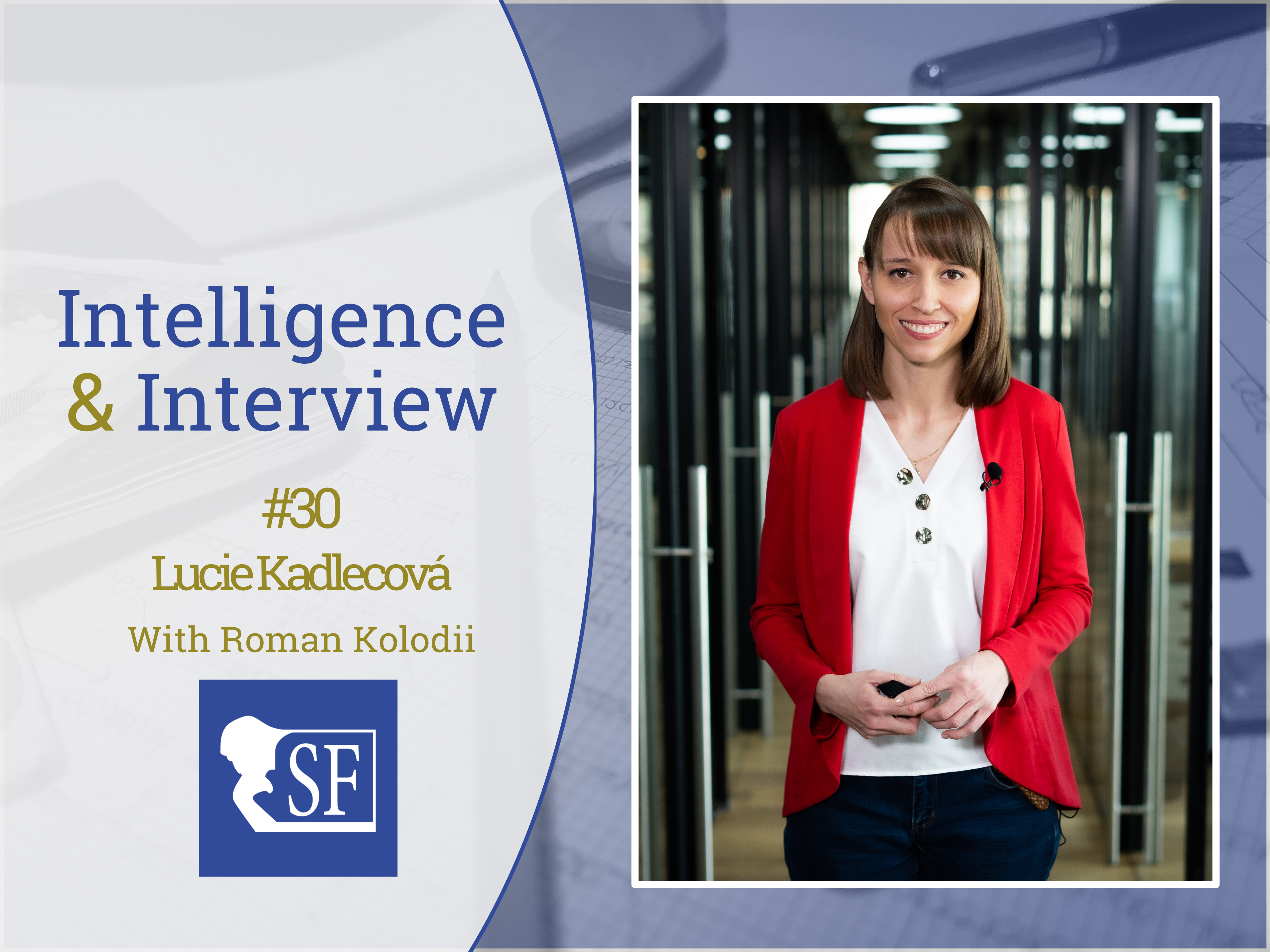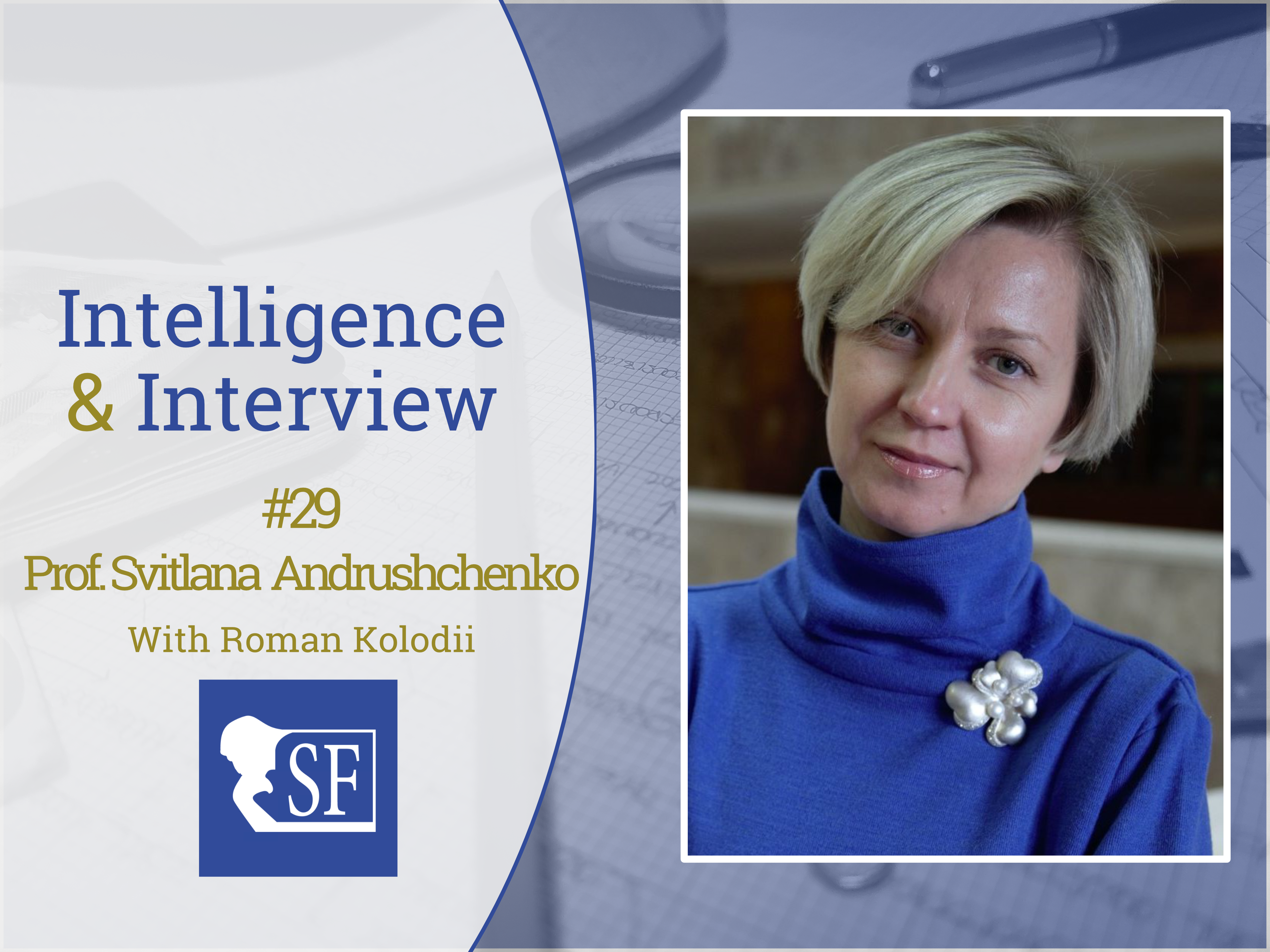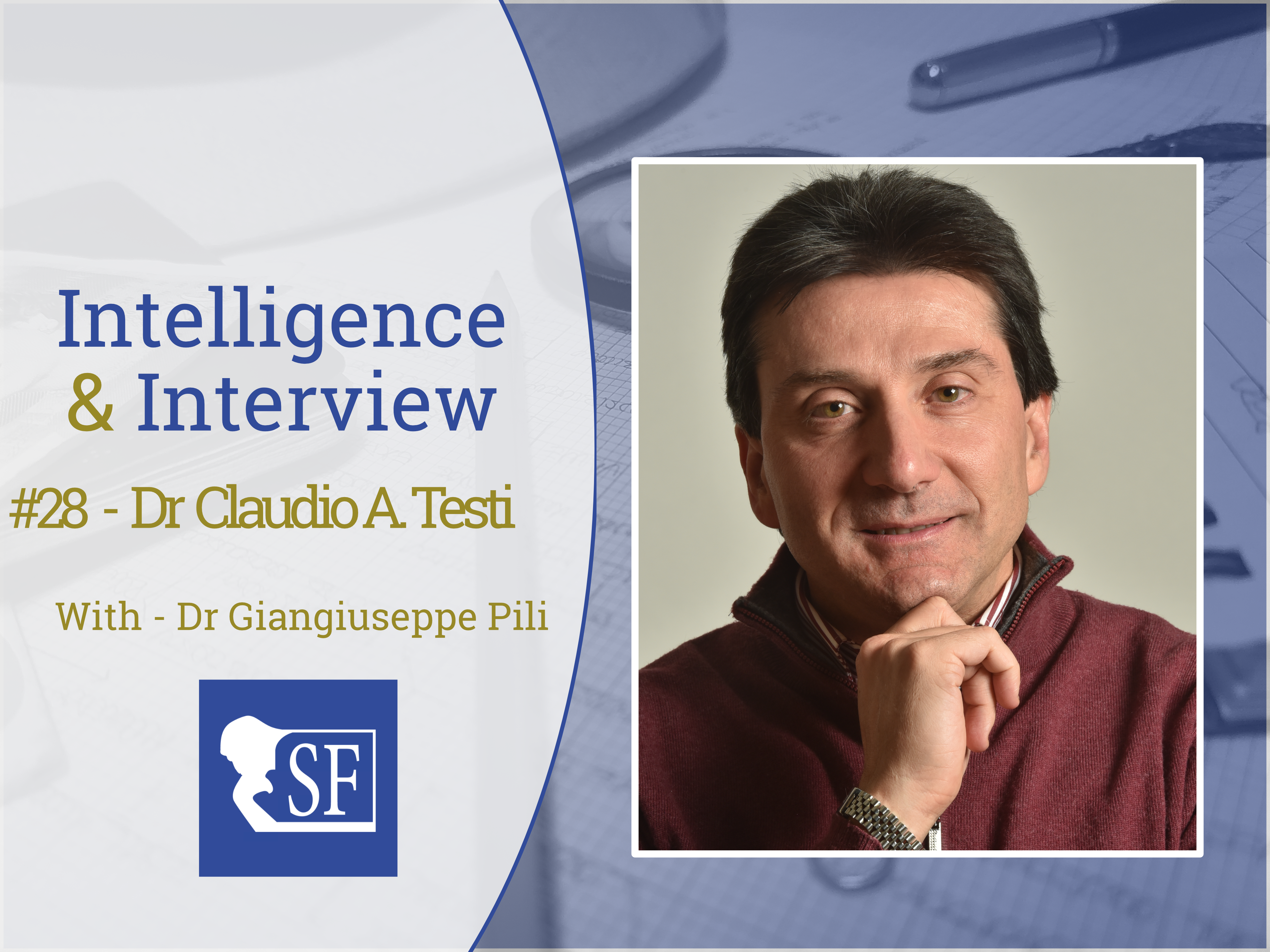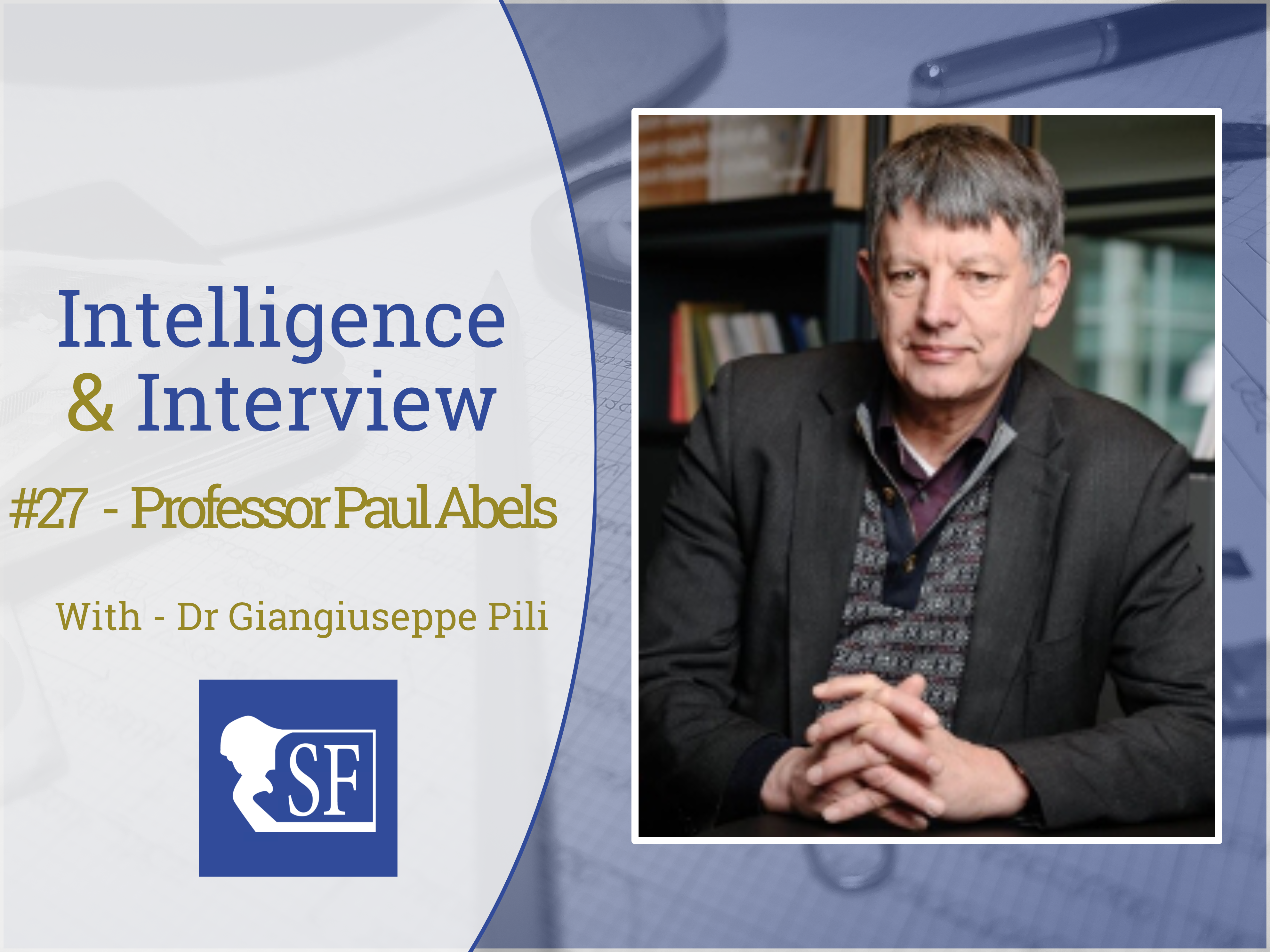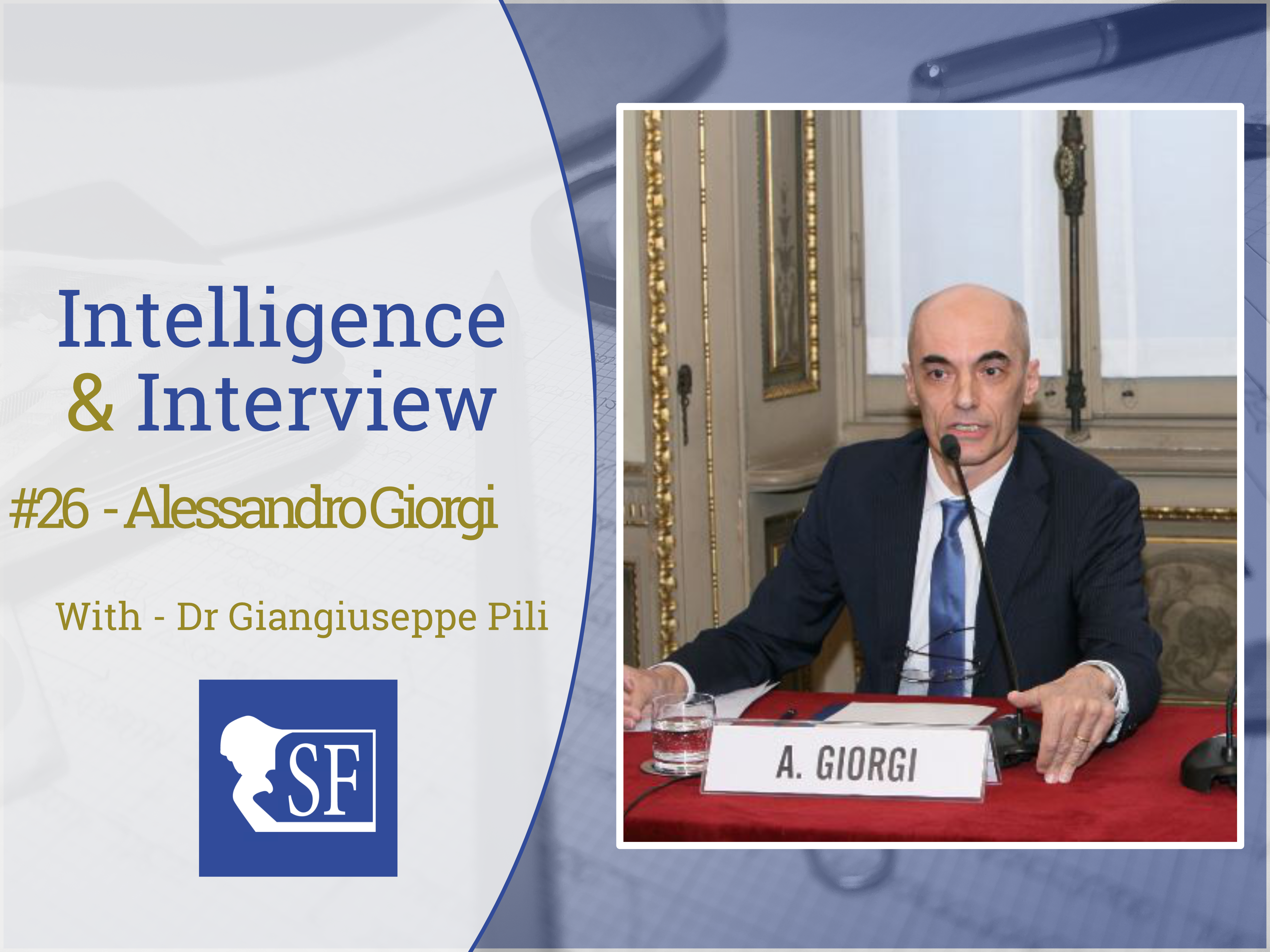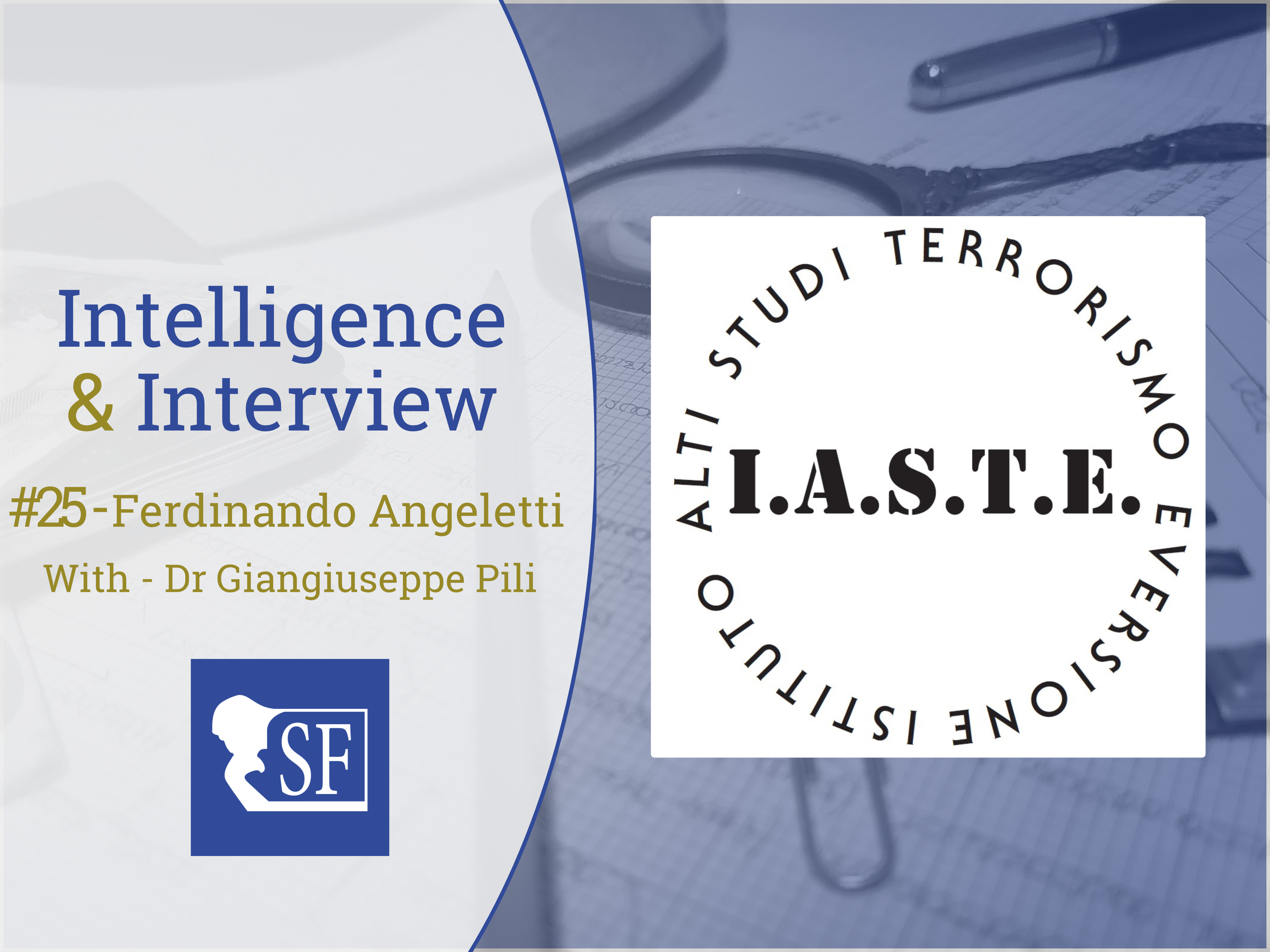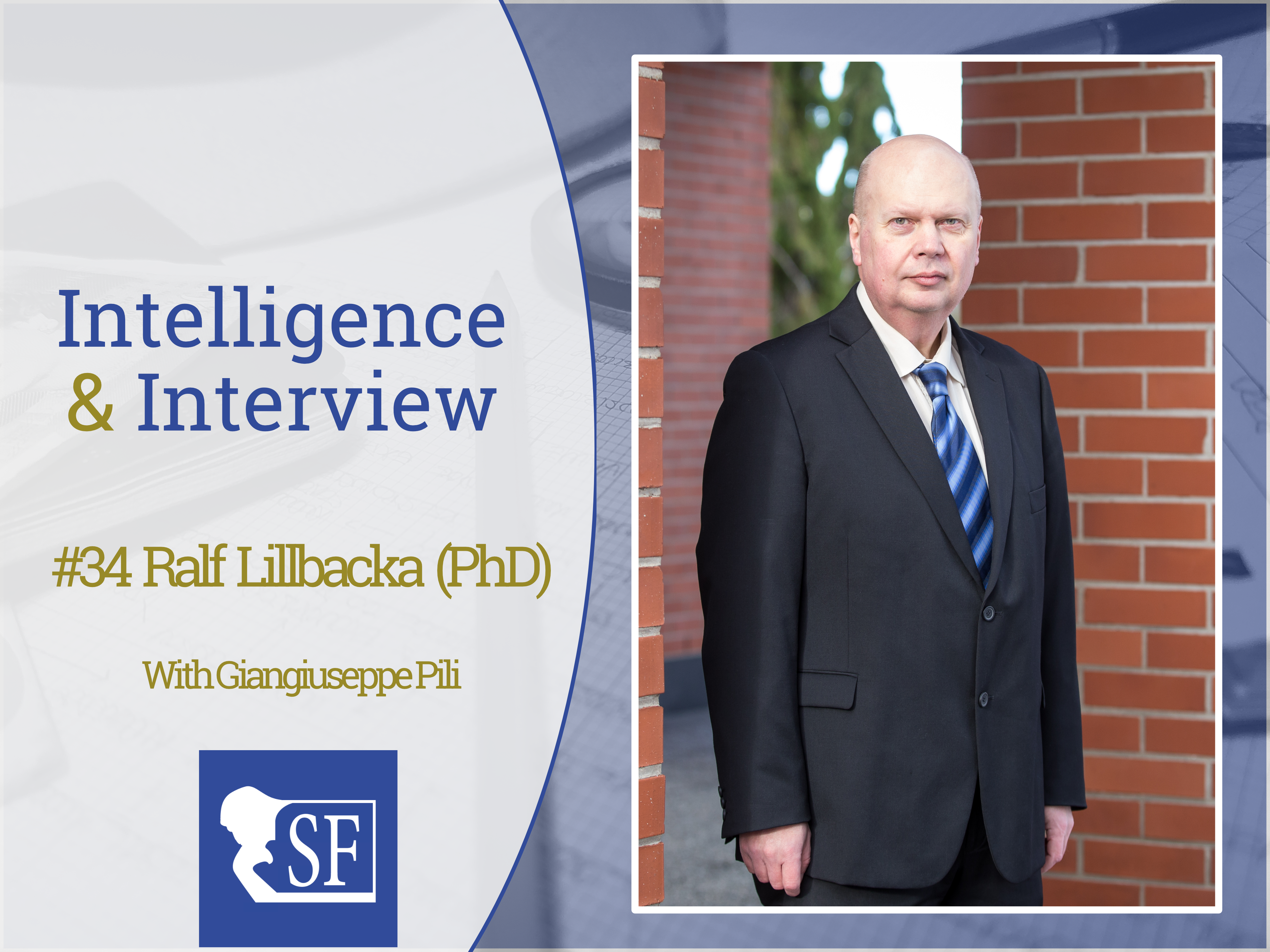
Discover Intelligence & Interview and Subscribe to the Newsletter!
When I was working on my recent three-fold research papers on intelligence analysis, I came across a journal article that fascinated me quite a lot since I’ve read the title. It was the case in which the content I read was exactly as good as my expectations (which are usually extremely high when they come to peer-review scientific papers). Indeed, since I started studying war theory and the philosophy of war, Clausewitz’s On War was mandatory reading. Interestingly, Clausewitz is inversely proportionally considered in intelligence and war studies. If he is one of the founding fathers of the modern understanding of war (and rightly so, notwithstanding many critics), he is almost entirely dismissed in the intelligence domain. Yes, true, he stated that intelligence is unreliable by nature, that the commander should avoid to trust intelligence (too much), and that uncertainty is inherently part of war and warfare… and so he couldn’t be said a big supporter of intelligence in general. Is this sufficient to discharge his work? So, when I read An Outline of a Clausewitzian Theory of Intelligence I finally found a partial vindication of my long-lasting necessity to see Clausewitz better considered within the intelligence studies and, more broadly, intelligence. But even more importantly, in an age that prizes all that comes from the last technological invention but the human brain, it is always healthy to remember how our world is ultimately unpredictable and dominated by an intrinsic uncertainty. The efforts of the last seventy years were to prove that everything has its own place as if nature and human beings are only tiny cogged wheels, in spite of all suggested by history and by ordinary life (actually). Then, after such a reading, I almost felt obliged to contact Dr Lillbacka to have a deeper conversation about these topics. This interview is part of this discussion which, I hope, you will find as fascinating as insightful. In addition, I invite the readers to discover Lillbacka’s publications, which are as rich as rigorous. There is no question that not everything can be covered in a single interview but I hope you will find so much to think about prediction, friction, and uncertainty that, at least, you will be enriched as much as I did. It is then with my distinct pleasure to publish the interview on Scuola Filosofica – for those who don’t know it yet; it is one of the leading cultural blogs in Italy. In the name of Scuola Filosofica Team, our readers, and myself, Giangiuseppe Pili, Ralf: thank you!


